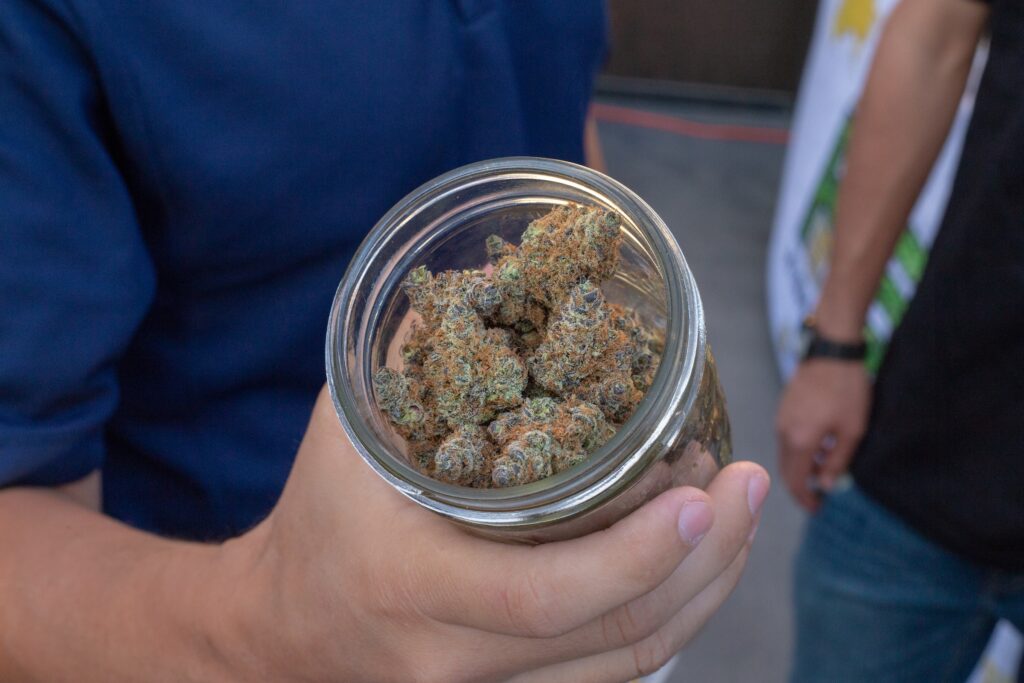
Medical Marijuana may provide relief for symptoms associated with inflammatory bowel disease (IBD)
There is growing interest in the potential benefits of marijuana for individuals with inflammatory bowel disease (IBD), which includes conditions like Crohn’s disease and ulcerative colitis. While research in this area is still limited, some studies and anecdotal evidence suggest that certain components of marijuana may provide relief for certain symptoms of IBD. Here’s what we currently know:
- Anti-inflammatory Properties: Both THC and CBD, the main cannabinoids found in marijuana, have demonstrated anti-inflammatory properties. Inflammation plays a key role in the development and progression of IBD, and cannabinoids may help reduce inflammation in the gastrointestinal tract, potentially alleviating symptoms.
- Pain Management: IBD can cause significant abdominal pain and discomfort. Cannabis has been reported to provide pain relief for some individuals, potentially reducing the severity of abdominal pain and cramping associated with IBD.
- Appetite Stimulation and Weight Gain: Marijuana may help stimulate appetite and promote weight gain in individuals with IBD, especially those experiencing loss of appetite or weight loss due to the condition.
- Nausea and Vomiting: Cannabis, particularly THC, has antiemetic properties and may help reduce nausea and vomiting, which are common symptoms experienced by individuals with IBD during flare-ups or as side effects of medications.
- Stress and Anxiety Reduction: Managing stress and anxiety is important for individuals with IBD, as stress can trigger or worsen symptoms. Some individuals report that marijuana helps them relax, reduce stress, and manage anxiety, which could potentially have a positive impact on their overall well-being.
It’s important to note that while some individuals with IBD may find symptom relief through marijuana use, others may not experience the same benefits or may even have adverse reactions. Additionally, the legality and regulations surrounding marijuana use for medical purposes vary by jurisdiction.
If you are considering using marijuana for your IBD, it is crucial to consult with your healthcare provider, particularly a gastroenterologist or specialist familiar with your condition. They can provide personalized advice, discuss potential benefits and risks, and help you make informed decisions about your treatment plan. They can also consider potential drug interactions with other IBD medications you may be taking and guide you on appropriate dosages and consumption methods.